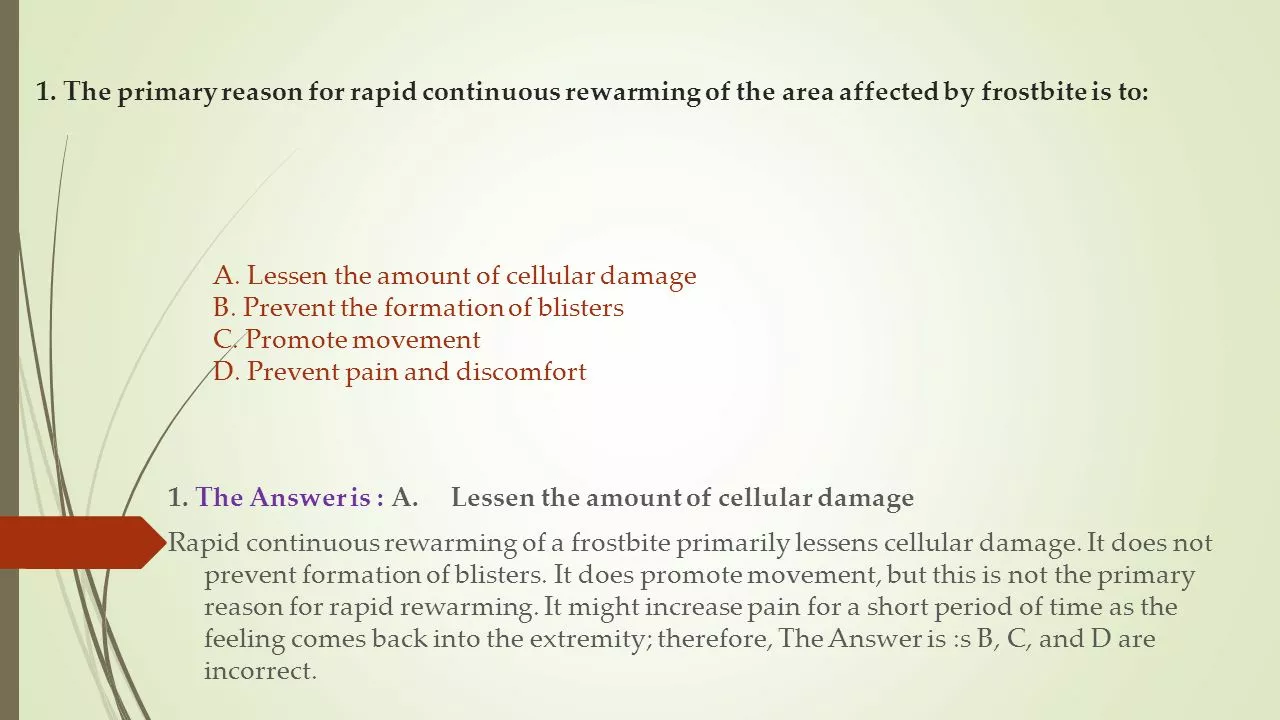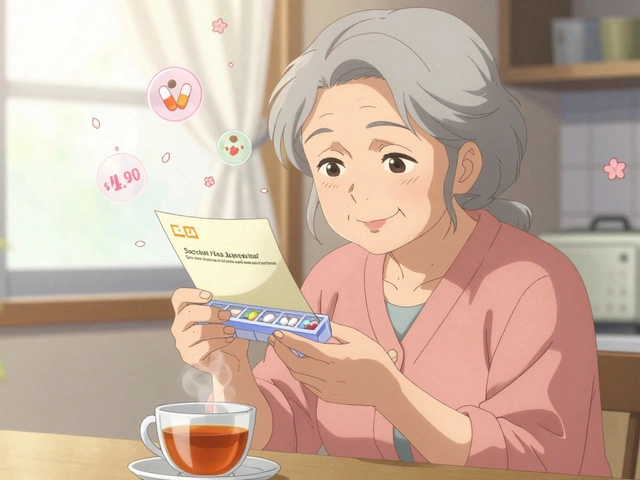Bemzocaine — what people usually mean and what to watch for
Spotted the term "bemzocaine" and not sure what it is? Most of the time that word is a typo or variation of benzocaine — a common topical numbing agent. People use benzocaine gels, sprays, or lozenges for toothache, sore throat, minor skin pain, and local procedures. That makes the label worth a second look: the wrong spelling can hide counterfeit or poorly labeled products.
Safety and practical risks
Benzocaine works fast on the surface, but it isn’t risk-free. A rare but serious side effect is methemoglobinemia, a condition that reduces oxygen delivery in the blood. Infants, young children, and people using large amounts are at higher risk. Other issues include allergic reactions or skin irritation. If you or someone turns pale, dusky, or has breathing trouble after using a topical numbing product, get medical help right away.
Never use stronger or more frequent doses than the product leaflet says. Don’t put topical numbing agents on large broken skin areas, deep wounds, or into the nose/mouth of infants unless a clinician tells you to. If you’re pregnant, breastfeeding, or have a chronic health condition, check with a healthcare professional before using any topical anesthetic.
How to verify products and avoid fakes
If a product label says "bemzocaine," pause. Check for these simple signs of a legit product: clear active ingredient name and percentage, manufacturer name and contact details, batch number and expiry date, and an instruction leaflet in a language you read. A legitimate seller will answer questions about origin and ingredients. If the seller is vague, skips details, or the price looks unrealistically low, walk away.
When buying online, prefer licensed pharmacies or well-known retailers. Look for pharmacy licenses, customer reviews, and secure checkout. If you’re comparing Mexican pharmacies, make sure the product has Spanish labeling and that the pharmacy provides verifiable contact info. For any topical anesthetic, confirm the active ingredient is listed as benzocaine (or the approved alternative) and the concentration is standard for OTC use.
Can you use alternatives? Yes — lidocaine topical products are common and often better studied for some uses. For oral pain, simple pain relievers or dentist-recommended rinses can be safer. Ask a pharmacist which option fits your situation.
If you’re unsure what a term on a label means, search official sources: national health agency pages, product leaflets, or ask a pharmacist. Small checks like spelling, manufacturer details, and batch numbers save you time and reduce risk. If a product seems off, trust your instincts and get professional advice before using it.
Want more on related topics? Our site covers buying medicines online, safe pharmacy choices, and alternatives to common drugs — useful if you run into odd spellings or unfamiliar names while shopping for meds.





